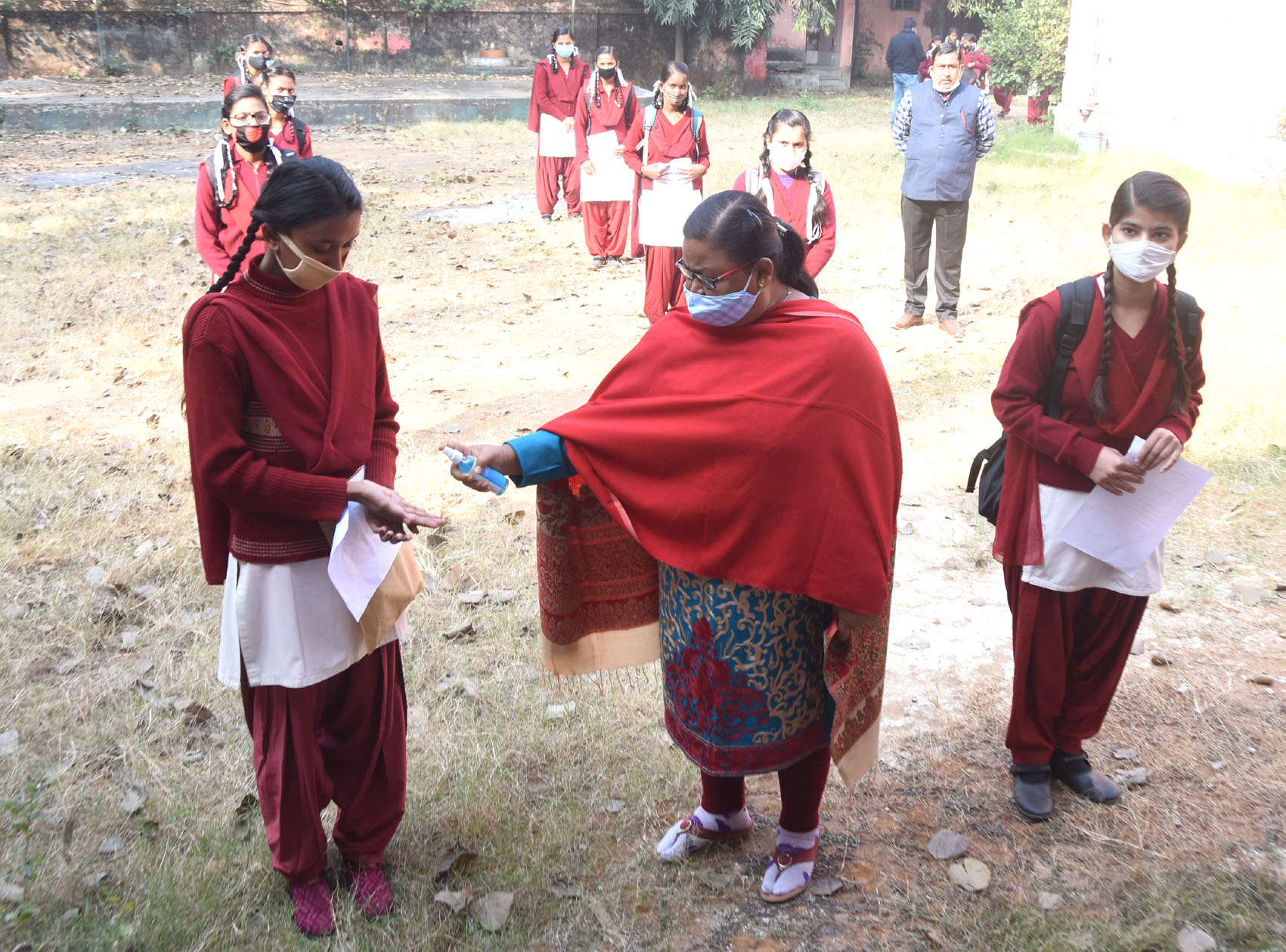The closure of schools from March 2020 because of Covid-19 is leading to a delay in the detection of autism in many children, doctors and special educators said.
Earlier, teachers would identify potential signs of the condition while interacting with children during in-person classes and alert the parents.
“It is difficult for parents to pick up signs, especially in those children who are on the milder end of the spectrum,” said Indrani Basu, founder, Autism Society West Bengal.
“Late detection delays intervention. Early intervention is important to help the child create coping strategies, develop skills and results are a lot better,” said a special educator.
Earlier, children would be diagnosed with autism at the age of two. Now, the condition is often being diagnosed at four, experts said.
“Many children with autism are coming to me at the age of four. Earlier, when they went to school, they would get noticed at two-plus and teachers would alert parents. Now, the diagnosis of autism is getting delayed,” said Apurba Ghosh, director, Institute of Child Health.
He was speaking at a panel discussion on health and nutrition, organised by the West Bengal Commission for Protection of Child Rights, in association with Unicef, on Saturday.
“The earlier the intervention, the better the result,” Ghosh later told Metro.
“The improvement gets delayed if intervention is delayed. For example, if someone has mild autism, he or she might not need therapy. And with therapy, the condition might change from moderate to mild,” he said.
Psychotherapist Farishta Dastur Mukerji, a school counsellor, told this newspaper: “The idea is not to exclude the child, but to include the child with support. Hence, early intervention is important for better progress in picking up skills.”
Those working with individuals with autism said parents often ignored signs because the child was able to function at home.
“The home is a familiar place and is not beset with challenges. So, the signs are not that evident. A child with autism faces challenges outside the home,” Basu told this newspaper.
While parents and families are often in denial linking delay in speech to family history, the online medium is creating a barrier for teachers to detect the potential signs early.
